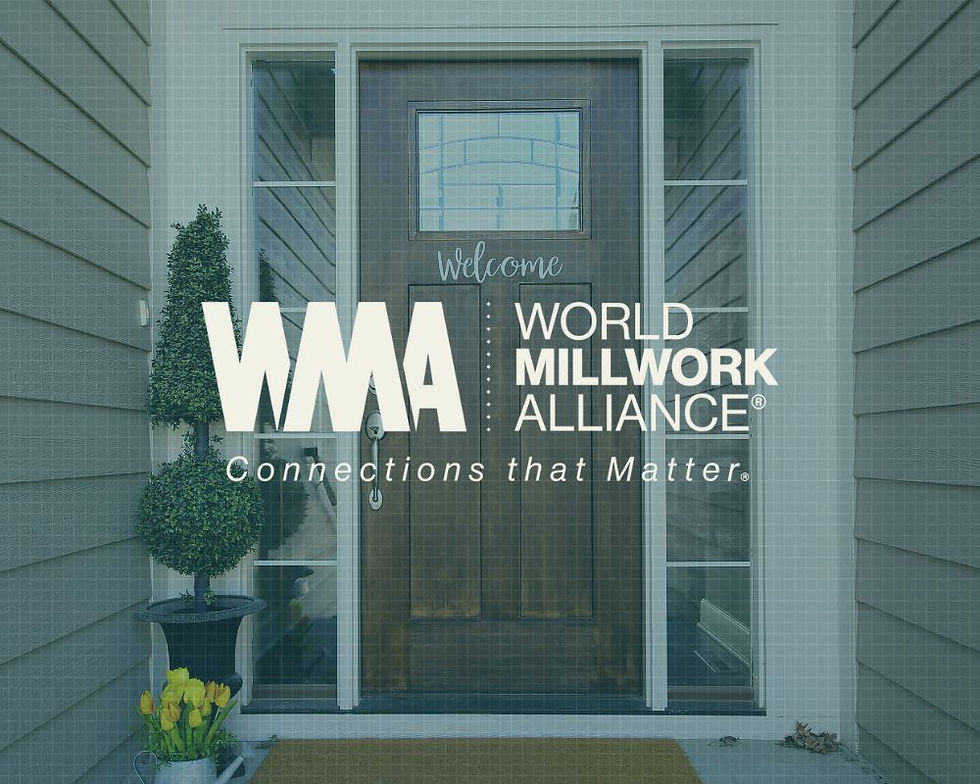Breaking News - Major Court Ruling Shakes Tariff Authority
- World Millwork Alliance

- May 30, 2025
- 2 min read
In a significant legal development with immediate implications for global trade, the U.S. Court of International Trade has struck down key tariff actions initiated under the Trump Administration. This ruling directly challenges the scope of presidential authority under the International Emergency Economic Powers Act (IEEPA) and introduces new uncertainty for importers, exporters, and supply chain stakeholders across the millwork industry. WMA is closely monitoring these developments to keep our members informed and prepared. See below for a summary of the ruling and its potential impacts.
U.S. Trade Court Blocks Trump Tariff Action
Yesterday the U.S. Court of International Trade ruled that President Trump does not have the authority under the International Emergency Economic Powers Act of 1977 (IEEPA) to impose sweeping tariffs on a global level. The court blocked most categories of tariffs, including the 10% baseline tariff on all countries, the 30% tariff on Chinese goods, and the 25% tariffs on imports from Canada and Mexico. Tariff collection is ordered to be halted within 10 days. Tariffs issued under national security powers (Section 232 actions) on steel, aluminum, and cars remain in place. Section 232 investigations underway related to pharmaceuticals, lumber and critical minerals will not be impacted .
White House Response
The White House immediately appealed the decision and affirmed their belief that the President and his team have the legal authority to act under the IEEPA. Administration officials and legal scholars also point out that the President has other options to draw upon, but none as broad as IEEPA. For example, the 1974 Trade Act gives presidents the power to impose tariffs of up to 15% for up to 150 days, but only in the event of a balance of payments crisis. The case now moves to the Supreme Court.
Continued Uncertainty
It remains unclear how the ruling will impact trade. Uncertainty for U.S. companies and their global trading partners remains as it is unclear what the ruling means for importers who have already paid tariffs or have goods on the water that may or may not be subject to tariffs when they arrive at port. Exporters may also be uncertain about how countries with retaliatory tariffs in place will respond to the ruling. There are also questions about how the decision impacts ongoing negotiations with U.S. trading partners including China, the European Union, India, and Japan.
Special thanks to the Hardwood Federation for providing this timely update in the DC Cheat Sheet. Subscribe to the weekly Cheat Sheet HERE.
Warm regards,
Renee Hornsby, President & CEO


